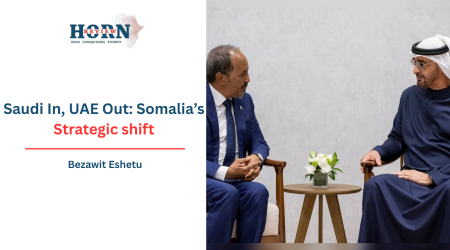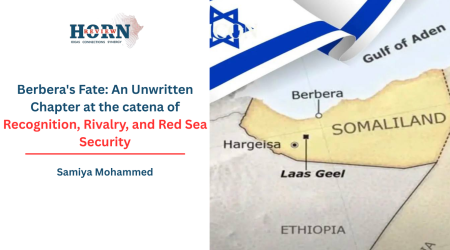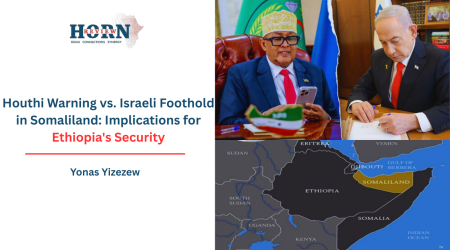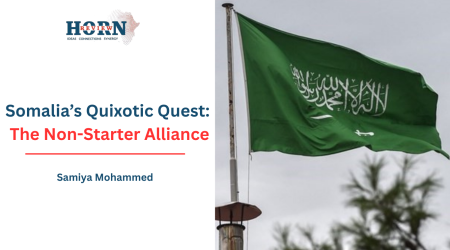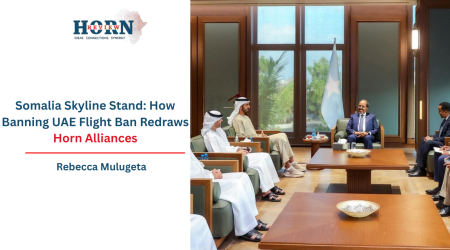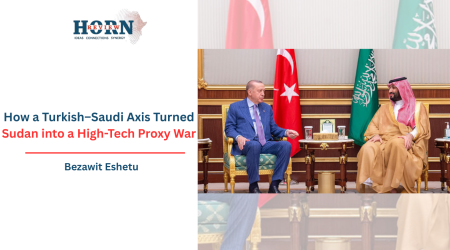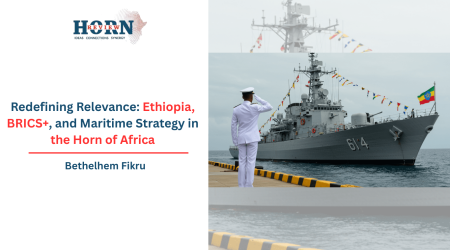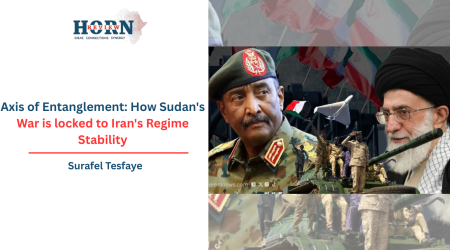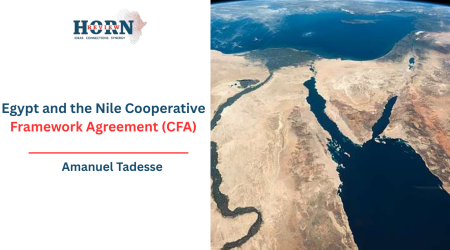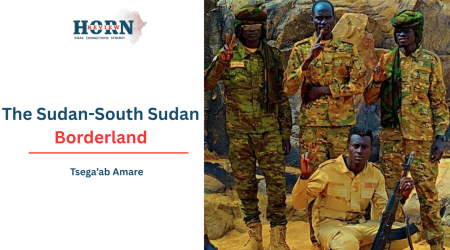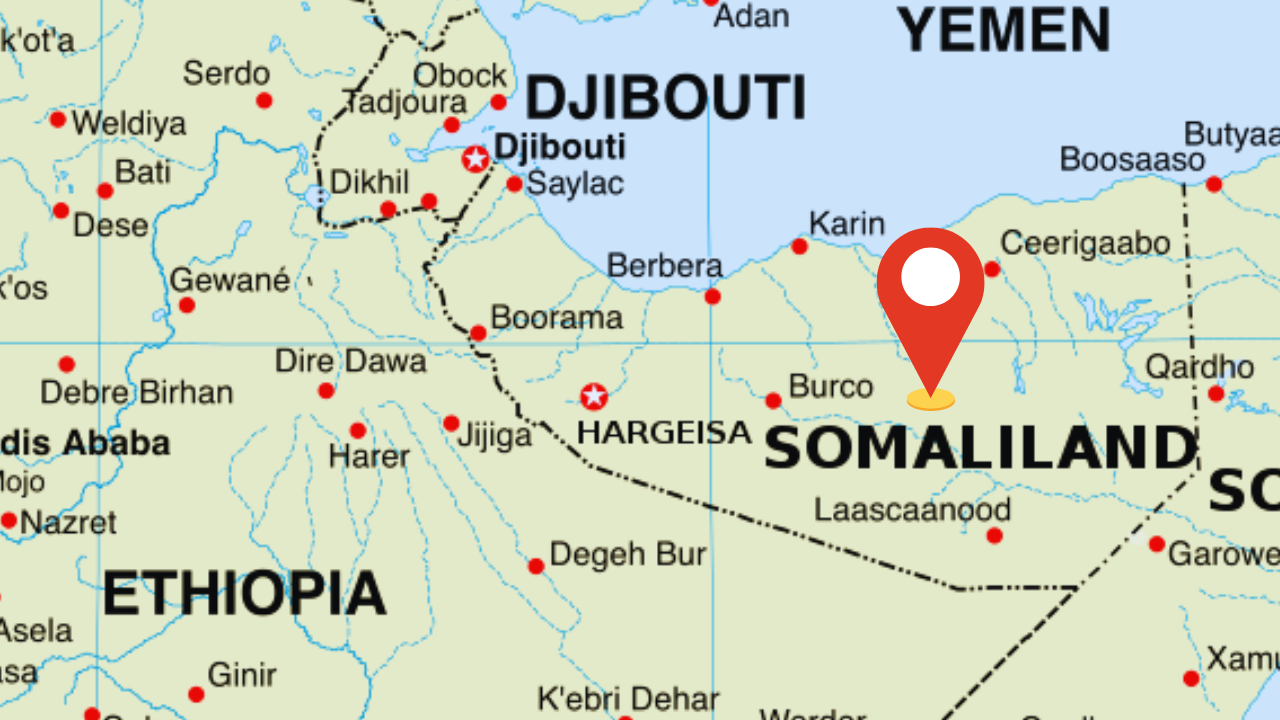
12
Jun
Somaliland at 34: A Sovereign Reality Awaiting International Recognition
On 18 May 1991, Somaliland, a former British protectorate, unilaterally withdrew from its failed union with Somalia and reasserted its independence. As the self-declared republic marked its 34th year of restored sovereignty in 2025, President Abdirahman Mohamed Abdillahi Irro seized the occasion to address over 130 countries, stating: “Now is the time to recognize the Republic of Somaliland.” This prompts a critical inquiry: Does international law permit unilateral secession? If so, under what conditions? Has Somaliland satisfied those criteria? And if it has, why does formal recognition remain withheld?
Somaliland’s withdrawal was not a capricious departure but rather a response to decades of political marginalization and violence under Mogadishu’s dominion. Following the collapse of Somalia’s central government in 1991, Somaliland proclaimed independence, invoking both the right to self-determination and its distinct colonial legacy. From a legal standpoint, Somaliland’s claim draws legitimacy from both remedial secession and its historical sovereignty. While remedial secession remains a contested principle, it is increasingly acknowledged in international law when a clearly defined group suffers gross human rights violations and is denied meaningful internal self-determination. Somaliland’s people endured systemic persecution, including genocidal campaigns under Siad Barre’s regime, most notably the 1988 bombardments of Hargeisa. These atrocities form the cornerstone of Somaliland’s remedial secession claim, fulfilling the essential conditions for lawful withdrawal under evolving norms of customary international law.
Moreover, as research published via SSRN emphasizes, Somaliland satisfies the Montevideo Convention’s criteria for statehood: a defined territory, a permanent population, a functioning government, and the capacity to engage in relations with other states. It has consistently maintained political stability, conducted democratic elections, and upheld a functioning judiciary and administrative apparatus. Continued references to Somaliland as merely a “region of Somalia” not only misrepresent the reality on the ground but also undermine foundational international legal principles concerning self-determination and state recognition.
Despite meeting these normative and legal thresholds, Somaliland remains excluded from the formal community of sovereign states. Why? The impediment lies not in the realm of law, but within the sphere of geopolitics. The African Union (AU) and key international actors fear that acknowledging Somaliland’s independence could embolden other separatist movements, thereby exacerbating regional instability. The AU, in particular, clings to the sanctity of colonial borders, wary of setting a precedent that could unravel fragile state formations across the continent. Yet this rigid adherence fails to account for Somaliland’s exceptional case. It is not a breakaway province, but the revival of an internationally recognized entity that voluntarily entered—and subsequently exited—a political union.
Additionally, international actors remain cautious of straining relations with Somalia’s federal government, which continues to claim Somaliland as one of its federal member states. This concern over potential escalation has perpetuated a paralytic status quo—one that denies legitimacy to a peaceful and functioning state solely for fear of rocking the geopolitical boat.
Ironically, Somaliland today stands as one of the most peaceful and democratic territories in the Horn of Africa, consistently outperforming Somalia’s federal government across key governance indicators. Regular elections are held, opposition parties operate without undue restriction, and civil society remains robust. Its governance model—melding traditional clan-based systems with modern democratic institutions—has cultivated resilience and a durable social contract. In his 2025 address, President Irro reaffirmed Somaliland’s commitment to peace and regional cooperation, emphasizing its readiness to contribute to Red Sea security and broader economic integration. The region’s expanding partnerships with Ethiopia and the UAE, along with deepening diplomatic ties with Taiwan, Kenya, the UK, and the US, suggest that while formal recognition remains withheld, practical diplomacy is thriving through growing international engagement.
Recognizing Somaliland is not merely a legal obligation—it presents a strategic opportunity. Situated at the nexus of critical maritime trade routes and emerging energy corridors, Somaliland occupies a position of increasing geostrategic importance. A stable, democratic Somaliland could serve as a valuable partner in counterterrorism, maritime security, and infrastructure development. If the international community is sincere in its commitment to supporting peace, democracy, and a rules-based order in the Horn of Africa, then the case for recognizing Somaliland deserves serious and immediate attention.
By Sina Yigzaw,Researcher,Horn Review
References
Horn Observer, “18th May: Somaliland Celebrates the 34th Anniversary of Reclaiming Its Sovereignty,” Horn Observer, 19 May 2025.e.
Horn Diplomat, “Somaliland President Sends Recognition Appeal to 130+ Countries,” Horndiplomat, 19 May 2025.
Michael Arage, “Legal Basis for Unilateral Secession of Somaliland from Somalia,” SSRN, 2024.
Tewodros Yonas, “Legality of Unilateral Secession under International Law: A Brief Analysis,” SSRN, 2023.
Endalcachew Bayeh, “The Somali Nation and the Hazards of the Nation-State Model in the Horn of Africa: Lessons from Somaliland,” 2022, Taylor & Francis Onlin

